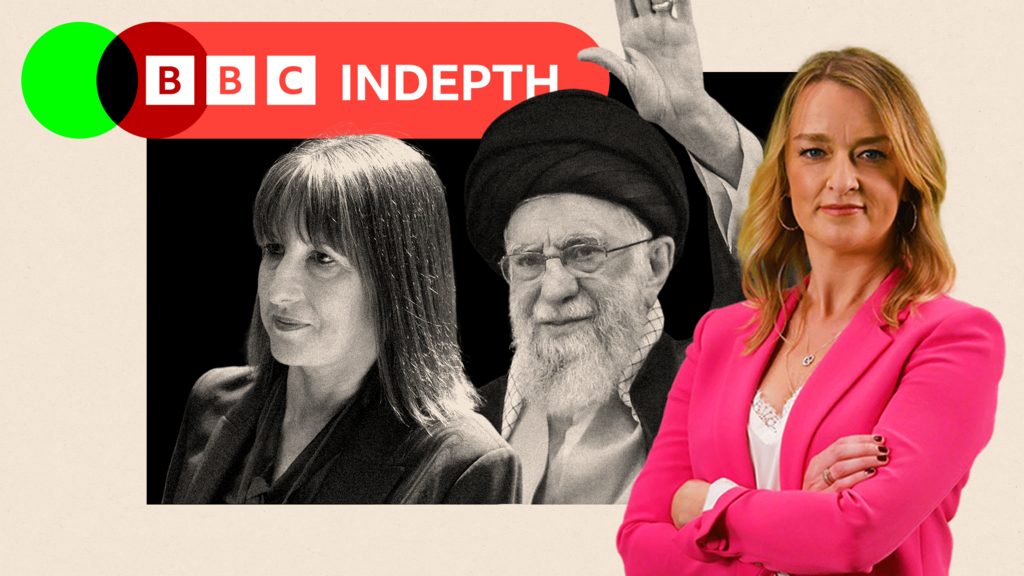A typical weekend for Members of Parliament might involve some personal time or attending local community events. Ministers, meanwhile, might be reviewing official documents or preparing talking points for public appearances—a coordinated messaging strategy common in government.
This weekend, however, presents a stark contrast. Amidst escalating tensions in Tehran and Tel Aviv, the government faces a significant crisis, one with far-reaching global implications for security, stability, and economic policy.
Just 48 hours after the Chancellor—who will join us tomorrow—detailed the government’s spending plans, Israel’s attack on Iran triggered retaliatory action, oil prices surged, and the government’s emergency committee was convened.
While no government can entirely control global events, a City source described the current situation as involving “multiple genuine global crises,” where even a single major event can drastically alter priorities. A senior Labour MP echoed this sentiment, noting the unprecedented number of challenges.
Governments must always react to existing circumstances, but the sheer scale of current threats is daunting. A senior Whitehall official acknowledged the complexity of the current global landscape, contrasting it with the comparatively simpler, albeit still perilous, situations during the Cold War.
Internationally, conflicts rage—most acutely the escalating Israeli-Iranian conflict and the ongoing war in Ukraine. India and Pakistan remain locked in tension, while China asserts its growing influence. The government has pledged increased defense spending, although the long-term funding strategy remains unclear.
Furthermore, the UK faces uncertainty due to the fluctuating US trade policies. Domestically, the government readily acknowledges significant challenges across numerous sectors, including prisons, housing, and the National Health Service, frequently described as facing a “crisis.”
This week’s Spending Review aimed to address these issues, allocating tens of billions of pounds to public services and infrastructure projects.
Government sources suggest the review has been relatively well-received, avoiding major political fallout. While significant spending is planned, budgetary constraints remain in several areas. However, the review has provided Labour backbenchers with tangible achievements to highlight.
However, other significant challenges remain, including the national debt and demographic shifts. The aging population and shrinking workforce pose profound long-term strains on healthcare and welfare systems, a situation exacerbated by the current reluctance to increase immigration.
A former minister expressed concern about a lack of transparency regarding the strain on the existing economic model. A senior figure suggested that the Labour government, similar to previous administrations, is attempting to address too many competing priorities simultaneously, neglecting fundamental issues like debt management, defense, and economic growth.
The escalating conflict between Iran and Israel could further complicate matters, driving up oil prices and placing additional pressure on the economy. While the government is focused on long-term solutions, like investing in energy infrastructure, potential tax increases remain a possibility.
Government sources emphasize the importance of building resilience to navigate short-term crises and highlight the UK’s improved position compared to previous administrations in dealing with global economic shocks.
The government points to the Prime Minister’s efforts on the world stage and Sir Keir Starmer’s diplomatic initiatives. Yet, the multitude of challenges both domestically and internationally raise questions about whether current government actions adequately address the scale of the problems.
The abundance of crises facing the UK raises a critical question: which one demands the most immediate attention?
BBC InDepth is the home on the website and app for the best analysis, with fresh perspectives that challenge assumptions and deep reporting on the biggest issues of the day. And we showcase thought-provoking content from across BBC Sounds and iPlayer too. You can send us your feedback on the InDepth section by clicking on the button below.
Sign up for the Off Air with Laura K newsletter to get Laura Kuenssberg’s expert insight and insider stories every week, emailed directly to you.
Royal Berkshire Hospital bosses have urged the government to rebuild or move it for years.
The BBC is at the Queen Elizabeth Hospital Birmingham as it marks 15 years since it opened.
Luke Milner was told he was at risk of having a heart attack if he did not change his lifestyle.
As MPs debate whether to legalise assisted dying, we speak to those providing end-of-life care.
The integrated care centre in Trowbridge is expected to open in early 2026.

